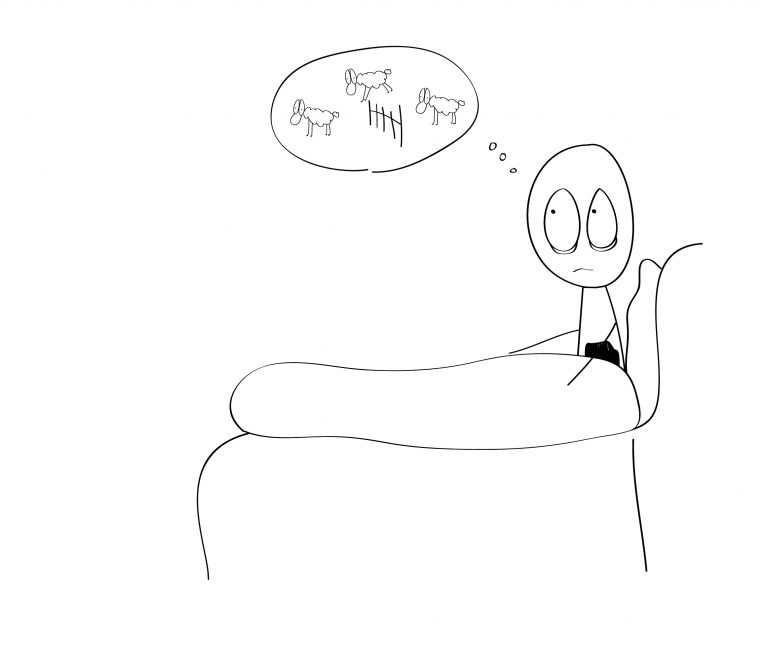
In Emotion-Focused Therapy we see most difficulties with sleep as a symptom of some emotional problem. It may be that you have important emotional needs that are not covered, and so your body reacts to it, creating unease, rumination or anxiety that keeps you from getting a good nights sleep.
For instance, if you struggle with anxiety, it is difficult for the body to go into a state of rest, and it will be difficult to fall asleep, you will wake up in the middle of the night, or you’re natural sleep rythm is interrupted. This is due to the fact that anxiety produces stress hormones like cortisol, adrenaline and noradrenaline in the body.
It is also common for unprocessed emotions to give your mind a lot to worry about or ruminate over. For example, you might be worrying much about the future, what might happen, disasters, and relationships. Or it may be that you are ruminating about the past, trying to figure out why things happened as they did, criticizing yourself or frantically trying to find a solution to how things can get better. These thoughts make it difficult to fall asleep in the evening or fall asleep again if you wake up early or during the night.
So in Emotion-Focused Therapy we would in addition to give advise on sleep hygiene and routines, try to explore what feelings you are styruggling with and try to make sense of it so that you can deal with the emotional needs you may have. This means going into the emotions you feel and dealing with them in new ways.
